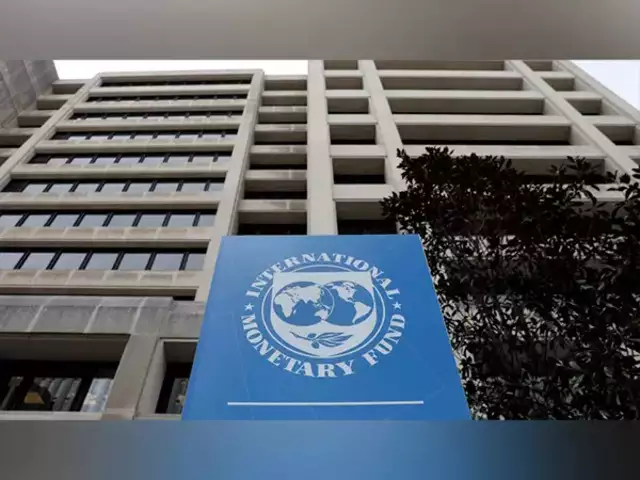Mohsin Siddiqui (Chief Reporter)
The International Monetary Fund (IMF) has advised the Federal Board of Revenue (FBR) to eliminate the special tax framework governing the construction sector, advocating for its inclusion under the standard income tax system.
Discussions on tax-related matters transpired during the initial meeting between the IMF delegation and FBR officials concerning the second review of the Stand-by Arrangement (SBA). This introductory session took place on Thursday evening, with further deliberations scheduled for Friday (Mar 15).
The IMF proposes a swift phase-out of the special tax regime applicable to the construction sector, urging its alignment with the standard income tax regime. Additionally, the IMF suggests revoking FBR’s discretionary authority to grant tax incentives to industrial ventures, along with the Cabinet’s discretionary power to confer tax benefits.
Moreover, any future tax incentives should be time-bound and undergo regular evaluation to ascertain their cost-effectiveness. Should the costs outweigh the benefits, immediate withdrawal of incentives is advised, according to sources.
Further recommendations from the IMF entail eliminating remaining exemptions for donations and non-profit organizations outlined in the Second Schedule of the Income Tax Ordinance, substituting them with tax credits. The IMF also advocates for a review of the criteria for charitable donations tax credit and credits for specific individuals to determine the necessity of altering eligibility requirements.
Expanding the scope of the National Tax Council (NTC) to encompass the harmonization of tax rates and the establishment of tax bases for agricultural income tax and property tax is also proposed.
Furthermore, the IMF encourages the federal government to support provincial administrations in enforcing provincial tax regulations. It also suggests establishing a Tax Policy Unit within the Ministry of Finance, Revenue, and Economic Affairs, along with developing protocols for data exchange between the FBR and other agencies.




